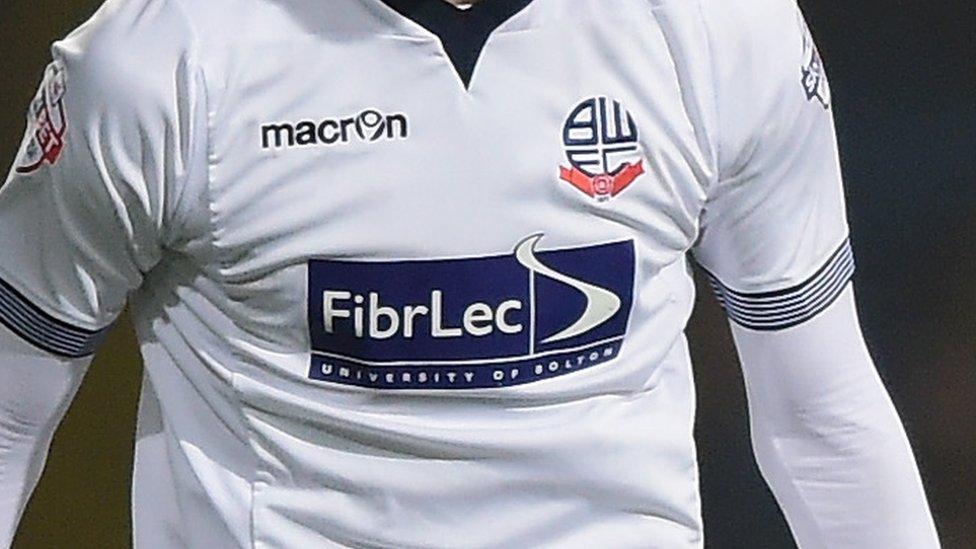Bolton Wanderers' appeal for 1946 disaster survivors
- Published

The club wants to hear people's memories of the tragedy
Bolton Wanderers is appealing to people affected by the Burnden Park disaster to get in touch to become part of the 70th anniversary commemorations.
Thirty-three fans were crushed to death at Wanderers' former ground on 9 March 1946.
Club chaplain Phil Mason said survivors' stories would be used as part of a special football programme in a week of commemorations.
The club is also holding a memorial service to honour the dead.
Hundreds hurt
Rev Mason said: "Already we've had a number of people who have come forward; some young people who were involved in the crush and passed over the heads of the crowd; people who have lost their loved ones; and how it has affected their lives all these years later."
Some 400 people were injured in the incident, which happened during the second leg of an FA Cup quarter-final tie against Stoke City.
Some of the 33 dead were crushed against steel barriers which gave way. Others were trampled to death.
Play stopped, but once the dead and injured had been removed, it continued.
Nat Lofthouse
An inquiry led to recommendations that the numbers of spectators allowed into a ground should be limited.
The club moved to a new ground, now called the Macron Stadium, in 1997 when Burnden Park was redeveloped and turned into a retail park.
A plaque to those who died was unveiled in a supermarket at the exact site of the disaster, by the late Bolton legend Nat Lofthouse in 2000.
The disaster was British football's worst until superseded by the deaths of 66 people in the 1971 Ibrox Stadium tragedy during a Glasgow Rangers home game.
It was the biggest loss of life at an English football ground until the 1989 Hillsborough tragedy which cost the lives of 96 spectators.
- Published9 March 2011